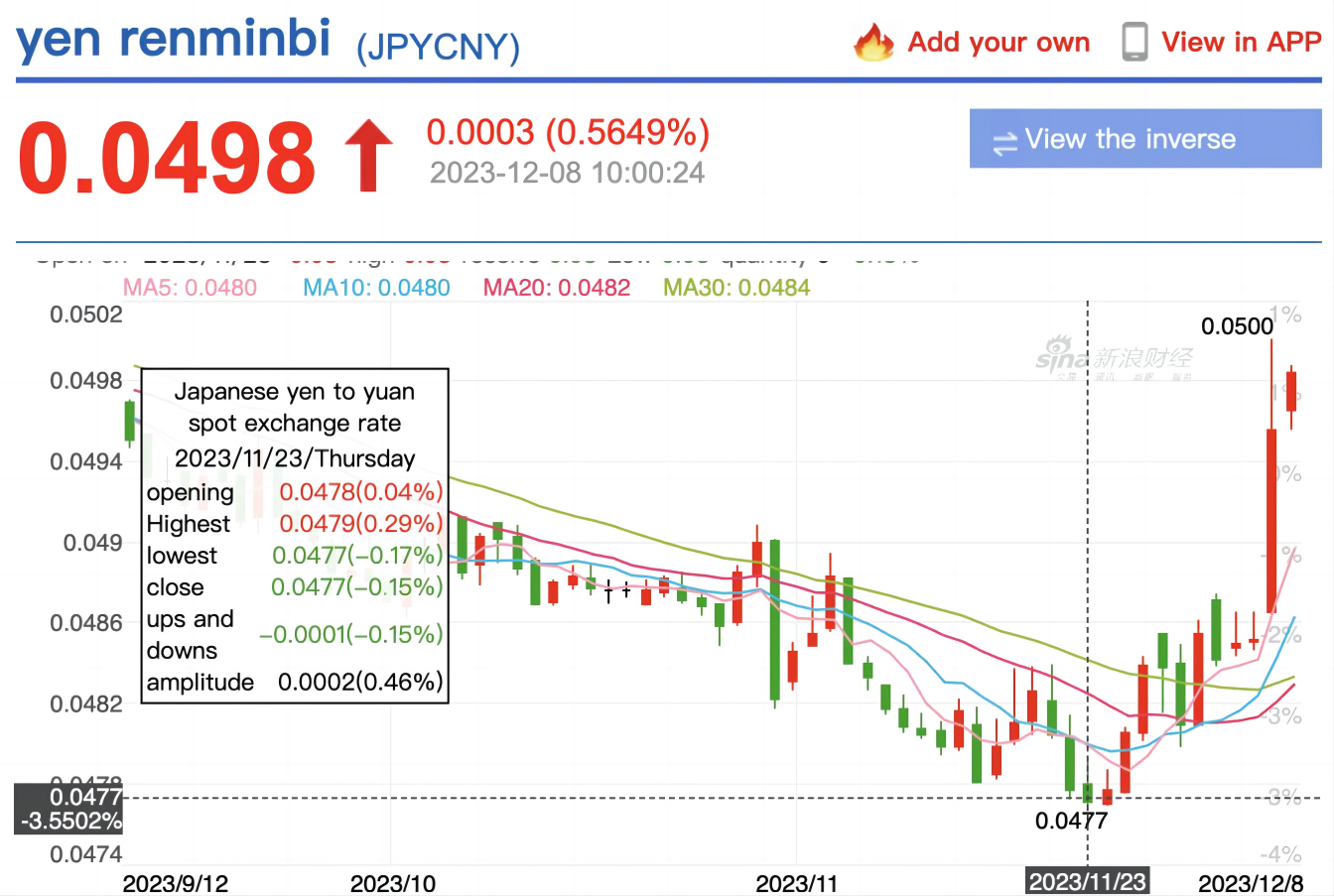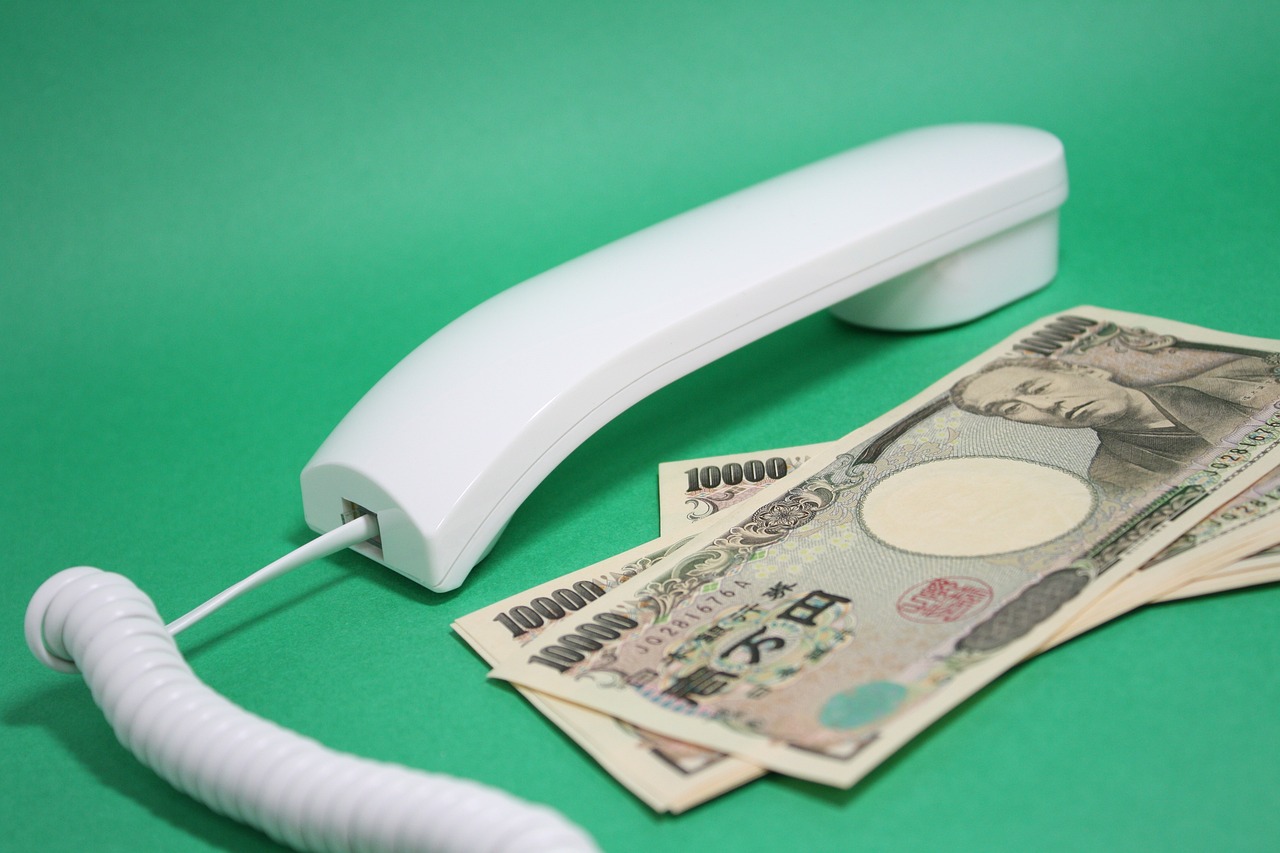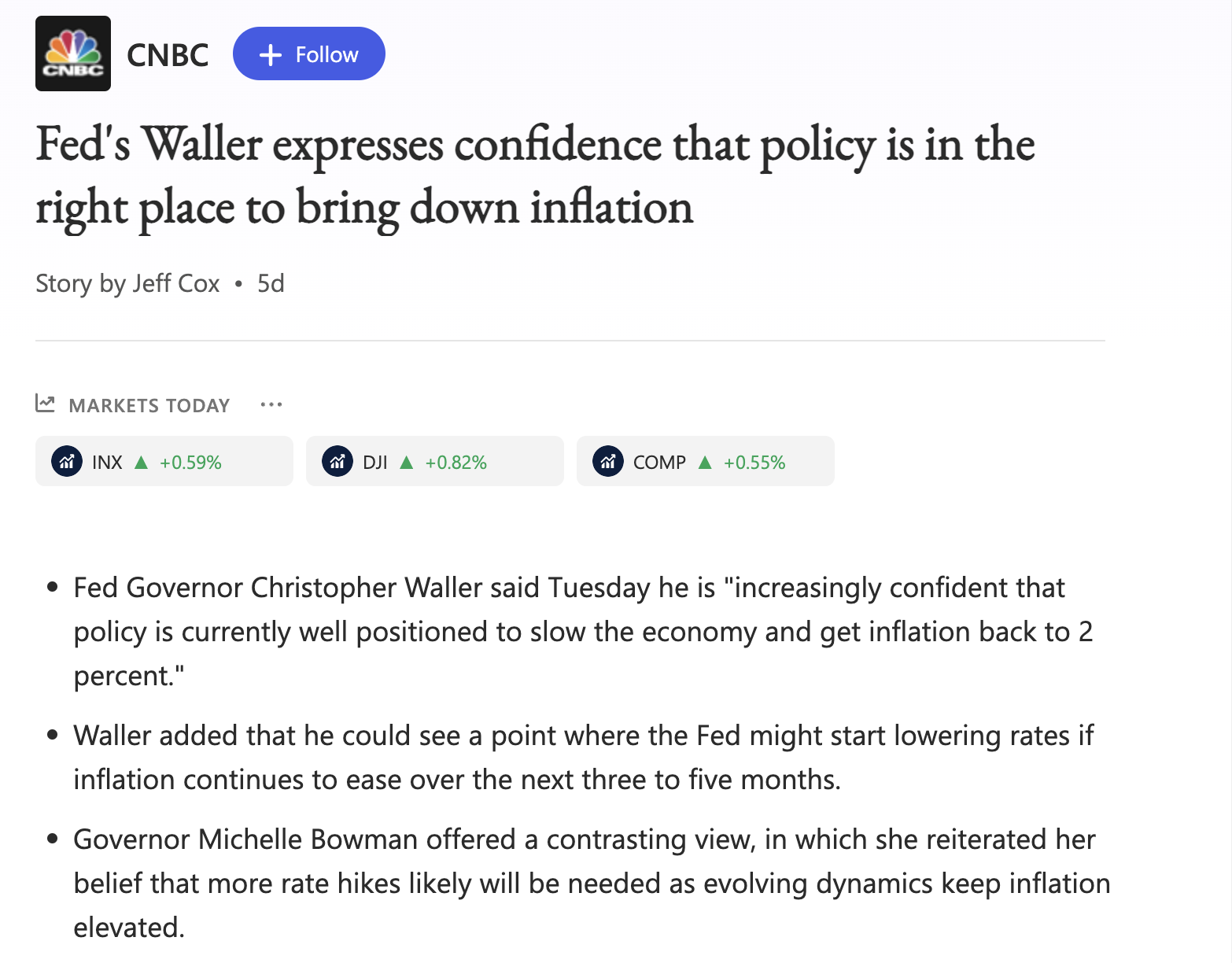Has the yen risen? Don't forget "Documents Concerning Remittances" !
Jennifer Johnson - 351

Since the beginning of this year, the Japanese yen has been called the "crispy" currency, repeatedly hitting new lows and setting records. In mid-November, it fell to 1 US dollar: 151.92 yen, approaching the lowest level in 33 years since 1990...

In addition, the exchange rate between the yen and the Chinese yuan, which concerns many people, also briefly fell to a rare low of 100 yen: 4.77 yuan on November 23.
How low is this? In 2011, even with the impact of the Fukushima nuclear accident, the exchange rate reached a peak of nearly 8.6 yuan for 100 yen. Compared to now, it's almost been "halved"...

Source: Sina Finance
However, from the chart, it can be observed that the yen quickly rebounded after reaching the "bottom" on November 23, and the trend of yen depreciation has been somewhat controlled. After an in-depth investigation, it was found that the yen's rebound this time is mainly due to the following three reasons:

Better-than-expected domestic data in Japan
Last week, Japan officially released several latest data:
- Japan's Q3 corporate capital expenditure increased by 9.8% YoY, exceeding the expected 6.4% and the previous value of 4.6%.
- Japan's industrial production in October increased by 0.9% YoY, exceeding the estimated 0.4%. The MoM growth rate of industrial production in October was 1.0%, exceeding the estimated 0.8%.
- Japan's unemployment rate in October remained at 2.5%, basically unchanged from September.
- Japan's job-to-applicant ratio in October was 1.57%, while the market expectation was 1.56%.

Analysts believe that despite labor shortages faced by many companies, the data shows that Japan's unemployment rate remains at its lowest level in 26 years. In addition, many data points exceeded expectations and previous values, indicating that Japan's economic growth momentum is good. The positive data has contributed to the yen's rise, which has been weak throughout this year.

The Bank of Japan may end negative interest rates
Negative interest rates refer to interest rates that are below 0%, meaning that banks and central banks receive deposits without paying any interest on them.
Negative interest rate policies encourage businesses and individuals to increase investment and consumption, thereby promoting economic growth. Starting in 2016, the Bank of Japan implemented the negative interest rate policy to address the issues of low inflation and weak economic growth.
At the same time, when a country's interest rates are lower than those of other countries, investors tend to transfer funds to places with higher interest rates, which will lead to the depreciation of the country's currency and improve export competitiveness. As an export-oriented economy, a depreciating yen helps boost exports and increase Japan's GDP.

However, according to the report on November 29, the Bank of Japan will decide to end negative interest rates as early as the first half of 2024 based on next year's spring labor-management negotiations and individual consumer trends.
If negative interest rates are canceled, it will be the first rate hike in 17 years, and it may signal an opportunity for the yen to appreciate!

Expectations of interest rate cuts by the Fed
Last week, Fed Governor Christopher Waller said that he could see a point where the Fed might start lowering rates if inflation continues to ease over the next three to five months. This statement was interpreted by the market as the Fed setting "conditions" for interest rate cuts.

As one of the most "hawkish" officials of the Federal Reserve, Waller's influence is self-evident. With this statement, investors have significantly increased their bets on interest rate cuts by the Federal Reserve.
According to CME forecasts, the probability of interest rate cuts in March next year has exceeded 50%, and the number of interest rate cuts for the whole year of 2024 has risen to 5 times, with a cumulative interest rate cut of up to 125 basis points.

Exemption for dependents
For those who work and live in Japan, life this year is indeed a bit difficult. However, the dawn of hope is ahead, hold on!
As the end of the year approaches, don’t forget to do one more important thing – prepare 【Documents Concerning Remittances】
We cannot control the rise and fall of the exchange rate, but we cannot miss the real policy benefits. Friends who need【Documents Concerning Remittances】as tax refund materials can issue it on their own on the Panda Remit APP after the remittance is completed~
Taking into consideration various domestic and foreign factors in Japan, although there is no guarantee that now is the lowest point, for friends who want to study or travel to Japan, exchanging Japanese yen now will definitely not be a disadvantage! The exchange rate fluctuates every day. Pay close attention to the exchange rate and exchanging the currency in time is the right answer!
If you have any remittance needs, click to make remittances:




